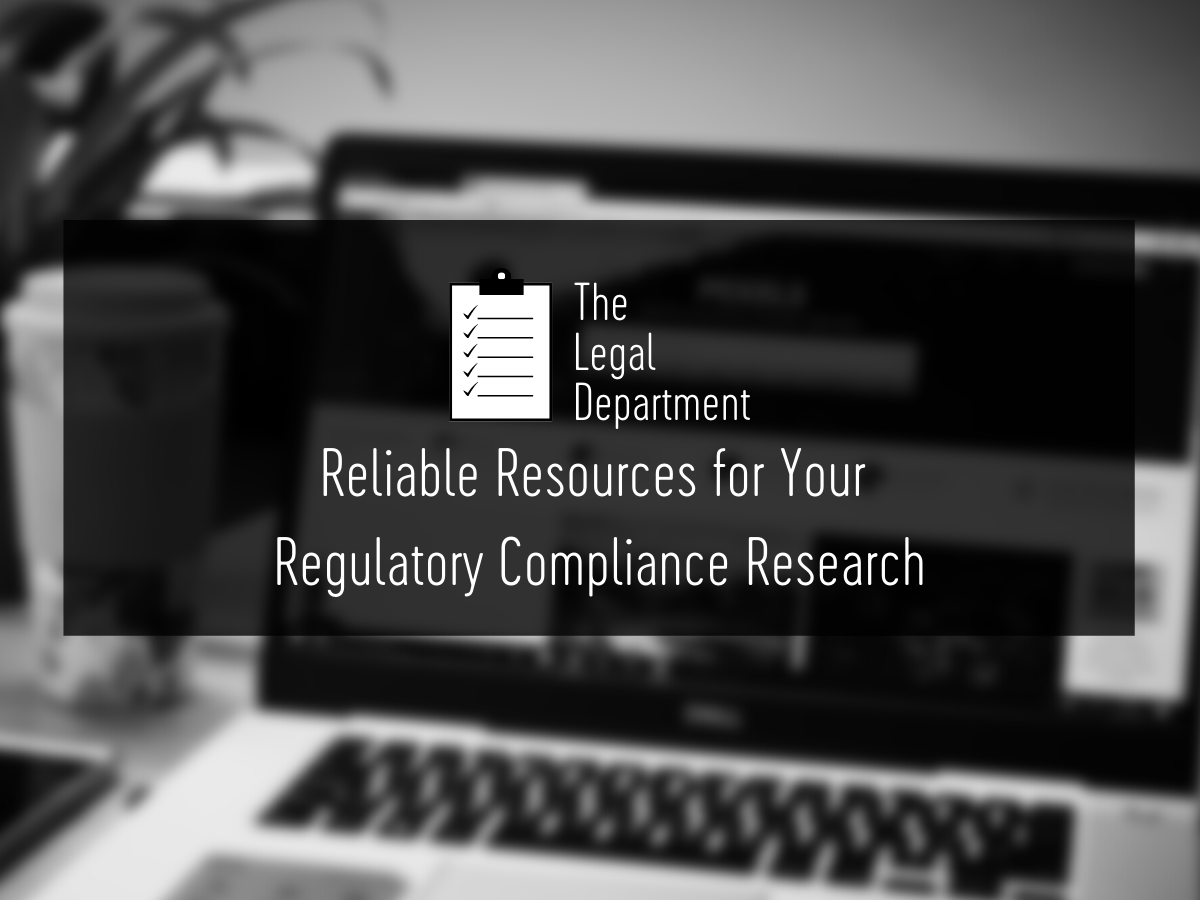Regulatory Compliance
This area of infrastructure is to make sure that your business complies with all the regulations that apply to you. It’s daunting, no doubt. There are many rules to follow and determining which ones apply to you isn’t always easy.
No matter your philosophical view of the regulation of businesses, the reality is that businesses have multiple layers of rules to follow. And we all must follow them whether we like them or not.
Most professional service providers want to follow the rules – they just have trouble determining what they are, or they misunderstand what they mean. This is where a knowledgeable business attorney can help you sort it out.
Most professional service providers want to follow the rules – they just have trouble determining what they are, or they misunderstand what they mean. This is where a knowledgeable business attorney can help you sort it out.
Frequently Asked Questions
What types of regulatory compliance are there?
There are rules at every level of government. Many businesses must follow rules at the local (city/county) level, at the state (Florida) level, and at the federal (national) level. Each level of government is charged with regulating certain areas and in specific ways.
What do cities and counties typically regulate at the local level?
Local governments – the county and/or city where you do business – mostly regulate where you are allowed to operate your business. For example, they have zoning and use restrictions for specific geographic areas. They also may impose local business taxes and require licensing for certain industries.
How do I know if the state of Florida regulates my profession?
The State of Florida usually regulates and requires the licensing of specific professions. It can also promulgate rules for particular business activities. There are different departments of the state that handle these – the Department of Business and Professional Regulation (DBPR), the Department of Agriculture and Consumer Services (DACS), the Department of Health (DOH), and the Florida Department of Revenue (DOR)– are just to name a few. Most of the time information on state regulations is freely available. However, finding your specific answer and then understanding the language of the rules can be quite challenging.
What types of rules do I need to follow on the federal level?
The state government and the federal government (usually) have very clear lines of authority and what they each can regulate is divided according to our Constitution. The federal government regulates interstate commerce (a business that is conducted in more than one state). They also regulate certain areas of business (such as securities, banking, and intellectual property). Most businesses have some sort of federal regulation, whether they realize it or not.
Are there rules that do not come from our government?
Absolutely! These may only apply to some professional service providers, not all. Some professions have industry associations that create rules for that particular profession. In order to maintain our licenses in good standing, we need to follow these association rules. Even if your profession does not require a “license” or have a formal association, you may belong to industry groups that require its members to follow certain rules.
Check out our journal posts below for more information on this topic:
Here’s what our clients are saying:
“Elevate Business Law was a Godsend… Their thoroughness and diligence in ensuring that my business met all legal and regulatory requirements catapulted me toward the focus and direction that I needed and gave me the ability to move forward confidently!”
“The Legal Department is the ideal law firm to help someone who is starting a business for the first time. They handled all of the necessary filings and kept me informed throughout the process. In the end, I had complete peace of mind as the owner of a legal business entity.“
“The knowledgeable and personable counsel we receive from The Legal Department has been invaluable. From the initial set up to continued guidance along the way, we have found Laurie to be an indispensable resource. We are grateful!”









